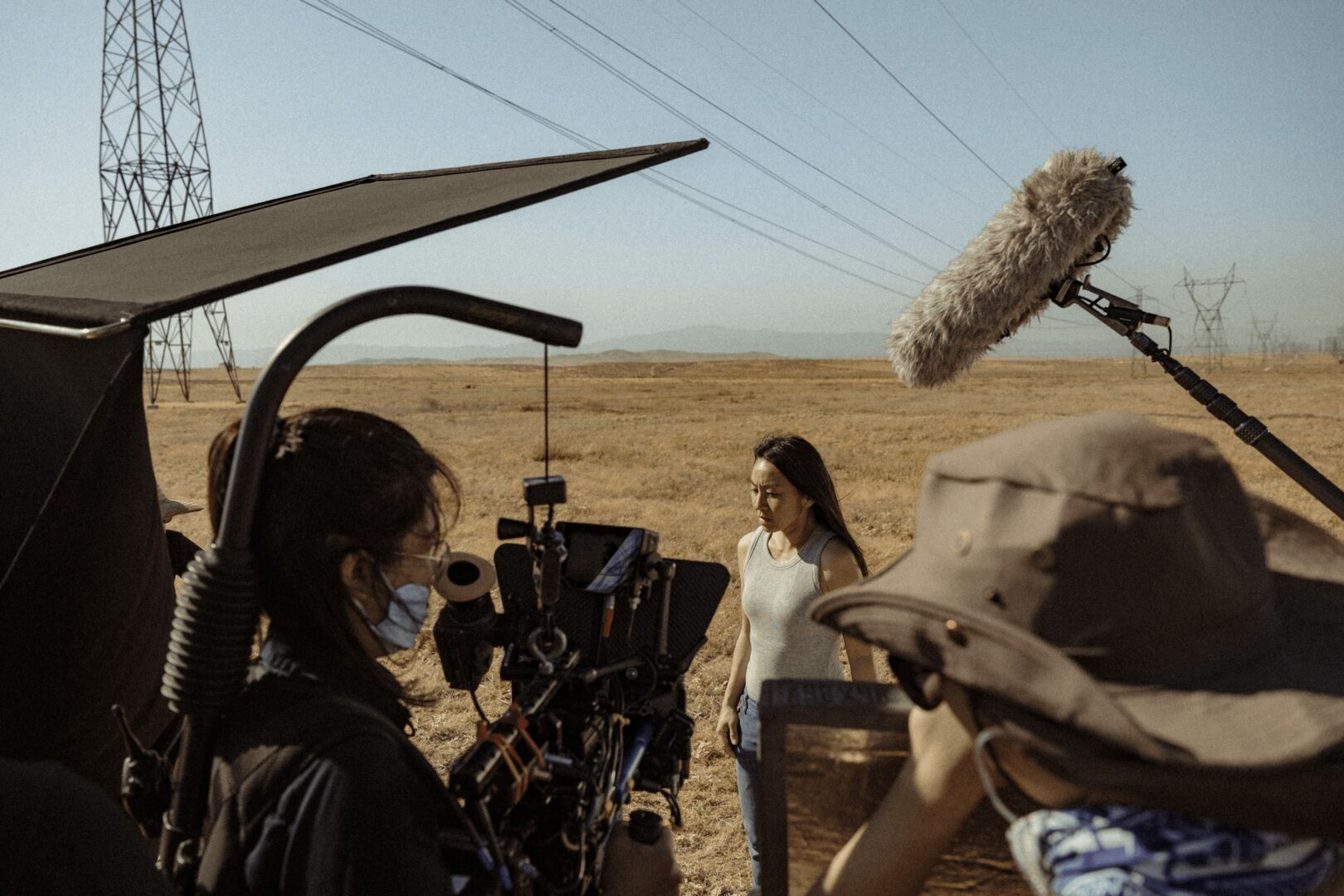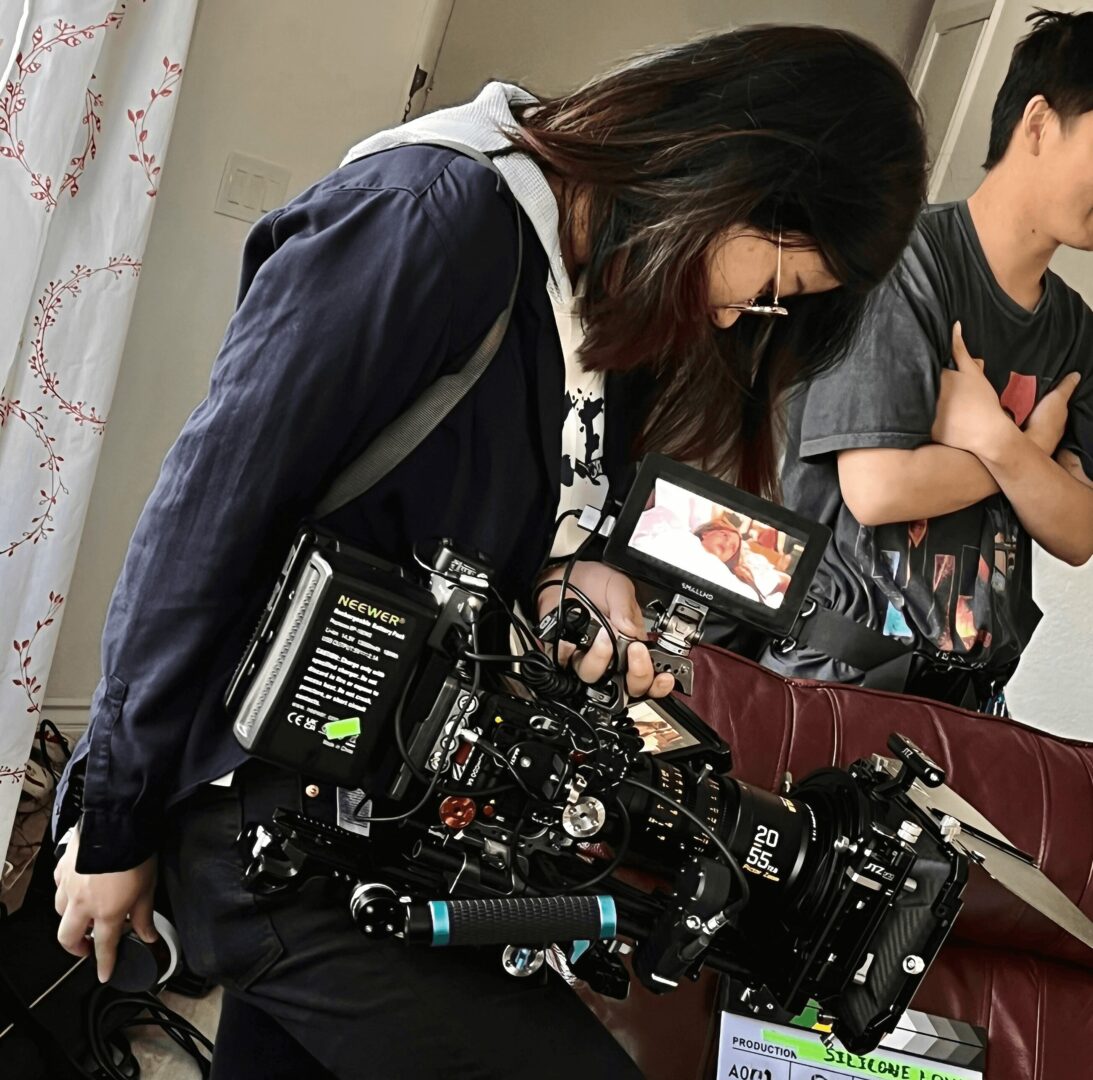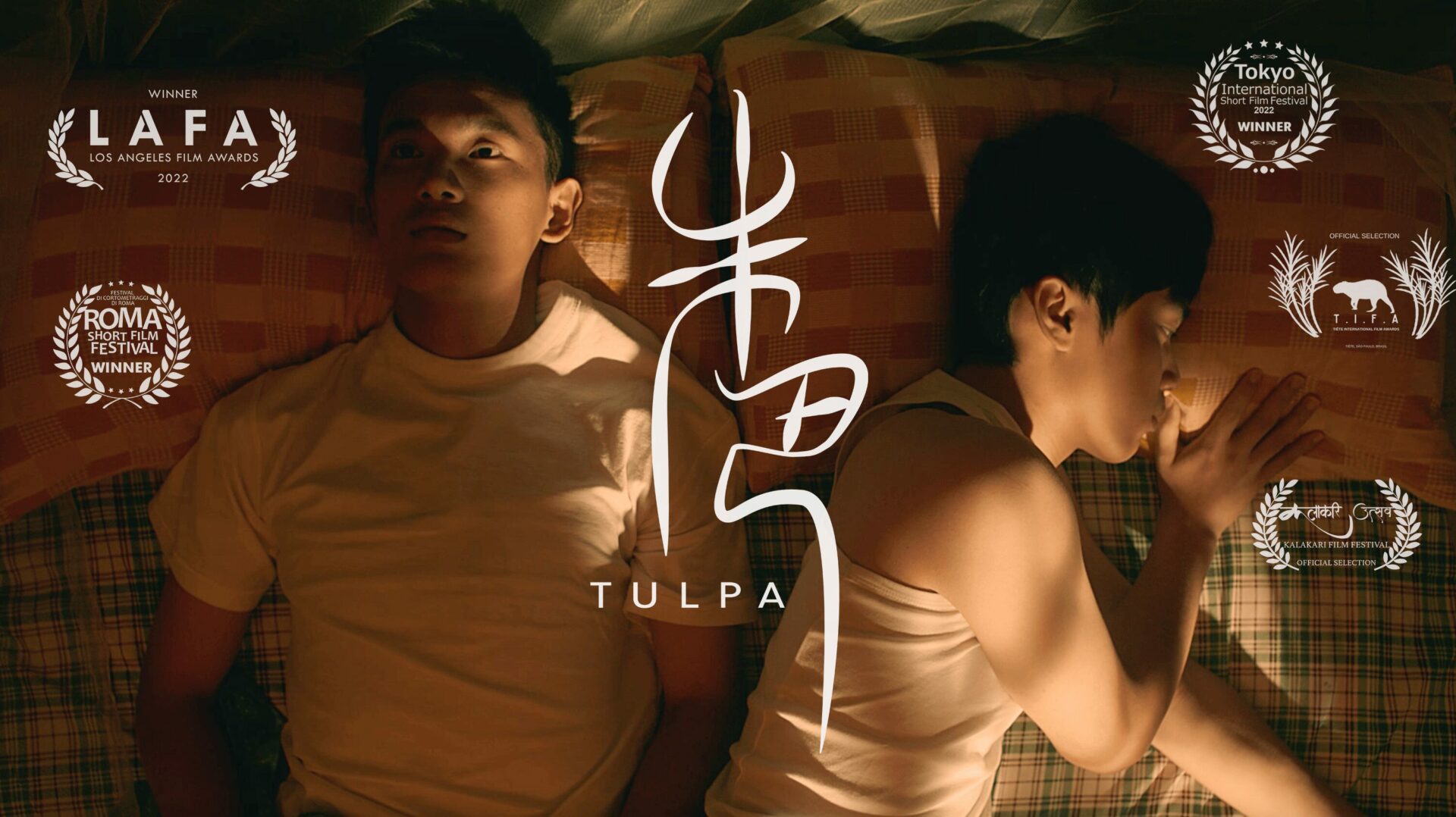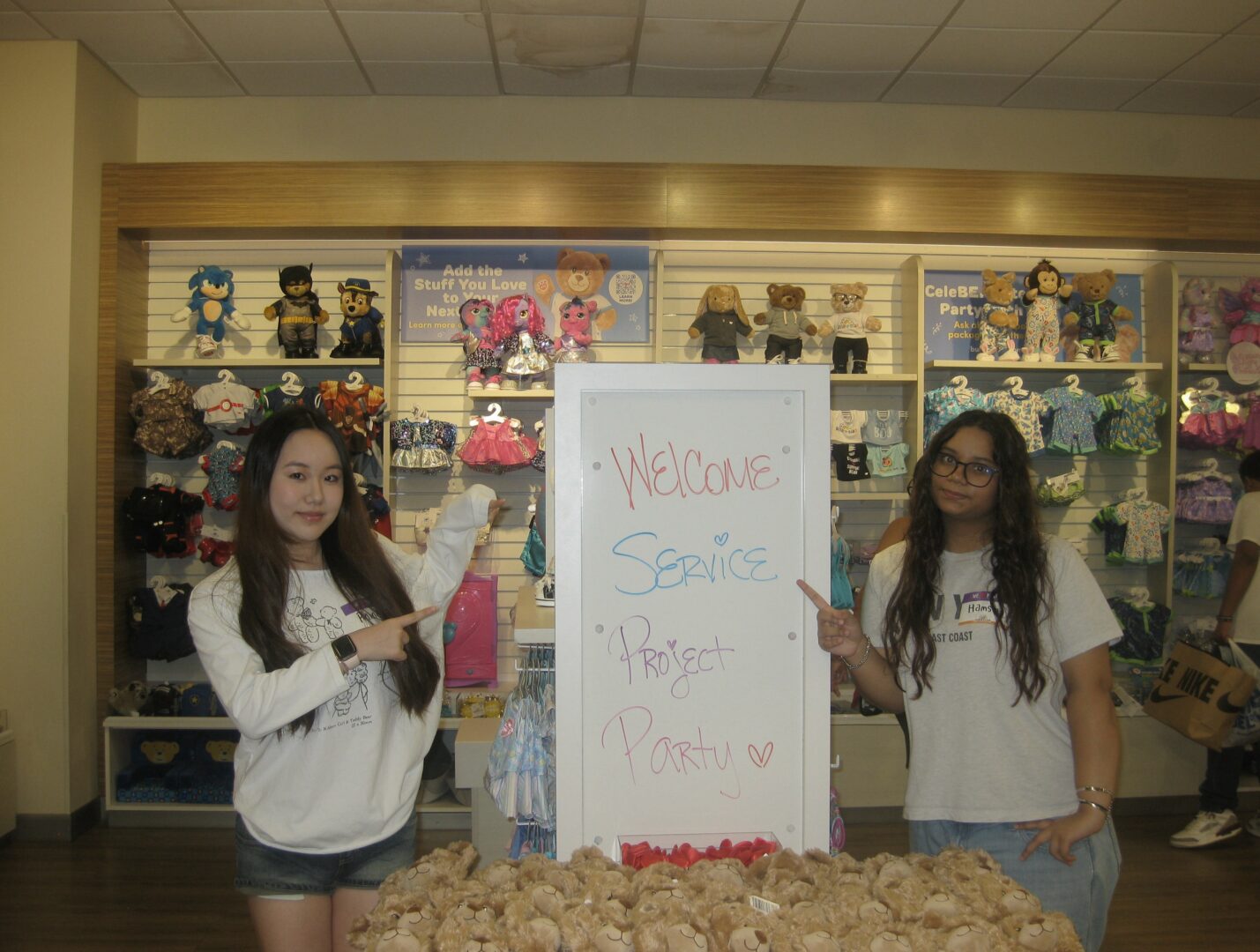We recently connected with Shiyuan Zhang and have shared our conversation below.
Hi Shiyuan, really appreciate you joining us to talk about a really relevant, albeit unfortunate topic – layoffs and getting fired. Can you talk to us about your experience and how you overcame being let go?
It’s not really an easy topic to talk about. I was 23 years old when I was forced to “take a gap year.” I was in a stage when I was terribly willing to compare myself to others. At that time, I would feel very inferior because I felt behind compared to my peers. But I’ve learned that it’s better to find my own rhythm and renewed confidence in myself. I also saw this as a new kind of beginning. I kept an inspiring quote to myself that I have learned from watching table tennis: when you fall behind in a race, it’s better to think of it as if you’ve already lost it, and it’s destiny giving you another chance to start over. Such a shift in mindset will make a lot of difference. Maybe life is just a big ping-pong game that goes back and forth.

Let’s take a small detour – maybe you can share a bit about yourself before we dive back into some of the other questions we had for you?
I was offered the opportunity to work with a Taiwanese director, Chun-Chieh Wang on his graduation thesis, “Tulpa”. I wrote the screenplay and did the concept planning and marketing for this film. Tulpa received the best script and other awards at several film festivals, including two screenings at the Museum of the Moving Images in New York and one at the Linwood Dunn Theatre in Los Angeles. It’s an unforgettable journey to create this short film. The non-linear narrative style tells the story of a high school student who conjures an imaginary companion that interferes with his sexual awareness by blending his spiritual realm and reality. It explores Buddhism, youth development, and spiritual sustenance themes by merging my cultural background with the contemporary social context. The director is a detailed-matter person. I also researched the accents of the actors’ native dialects and rewrote lines for each character. For this project, I researched various filmmakers who have deeply explored these themes in their works. I gained valuable insights by studying Ryūsuke Hamaguchi’s scripts and reading Apichatpong Weerasethakul’s book on the making of “Memoria” (2021) to understand their development of multinational films and how they incorporate Eastern life philosophy into their cinematic languages. Then, I wrote a novella for my BFA thesis. The two main protagonists are multilingual speakers who undergo self-exile abroad, seeking to retrieve lost memories. The story analyzes an uneasy, ultra-modern social world in crisis, a fragmented and information-overloaded place where intimate relationships have lost their strength and meaning. This was inspired by my experience of frequently moving as a child, living in various language-speaking regions. This project offers me a chance to explore the potential meaning of my identity as a hybrid of both Eastern and Western cultures. I am in the pre-production stage of adapting my thesis into a short film, and I focus more on portraying the characters in a multilingual and geopolitical context to show their struggles in life. Besides, the Literary Magazine of the School of Visual Arts published two of my short stories after I graduated. They all discuss people who are lost in a foreign land and have a sense of rootlessness without belonging anywhere. Not only do these practical attempts shape my writing style, but they also confirm my interest in transnational and cultural identities in moving images. My aim is to continue to create stories with subtle yet powerful emotions that transcend cultural boundaries. Alongside my writing practice, I decided to take on new knowledge and challenges by enhancing my technical skills and familiarizing myself with filmmaking procedures to improve my writing.

There is so much advice out there about all the different skills and qualities folks need to develop in order to succeed in today’s highly competitive environment and often it can feel overwhelming. So, if we had to break it down to just the three that matter most, which three skills or qualities would you focus on?
I would say the three qualities that have been most influential in my journey are taking on new challenges, learning new things, and being bold! After graduation, I moved to Los Angeles, where I got a lot of training in cinematography. I worked at a rental house learning about rigging various cameras, and then on the weekends, I would follow my cinematography friends to go to sets and work as a camera assistant or a camera operator. This experience gave me valuable comprehension of the camera’s movement and its feasibility in approaching writing from different perspectives. I’ve also learned that writing a screenplay is not just about plot development and character relationships; it should be a clear instruction manual for filmmaking, a foundation for all the practice. This experience has given me a lot of fresh thoughts and also helped me to understand myself better.

Thanks so much for sharing all these insights with us today. Before we go, is there a book that’s played in important role in your development?
I enjoy reading the Polish writer Olga Tokarczuk’s FLIGHTS over and over again. The book intersperses some journey experiences with Polish folk fairy tales. As if by magic, this book froze time around me, and my mind followed the stories to one new world after another. I think the most valuable thing I’ve learned is the same as what I mentioned in the opening question: life is not a moment; each segment is a separate journey, and they can be completely different from the last one or even unrelated, even if they start over on a different track. The journey of finding the way itself is a FLIGHT.
Contact Info:
- Instagram: https://www.instagram.com/shiyuan_89/
- Linkedin: https://www.linkedin.com/in/shiyuan-zhang-82454a1a8/

Image Credits
Vinh Pham
Chun-Chieh Wang
Molin Liu
so if you or someone you know deserves recognition please let us know here.




